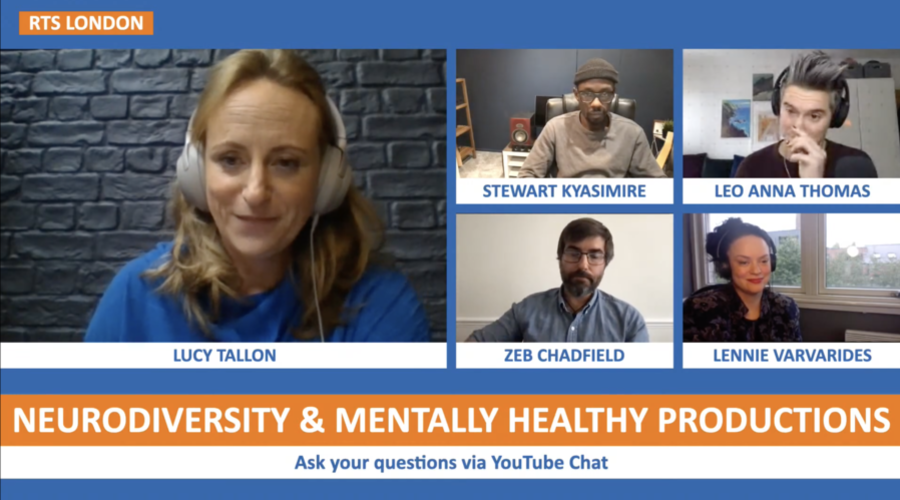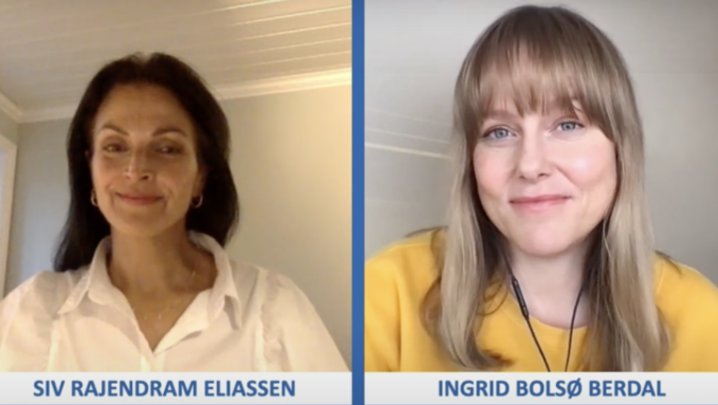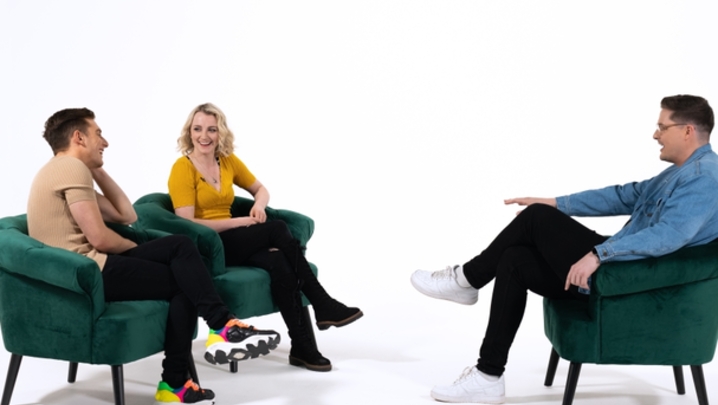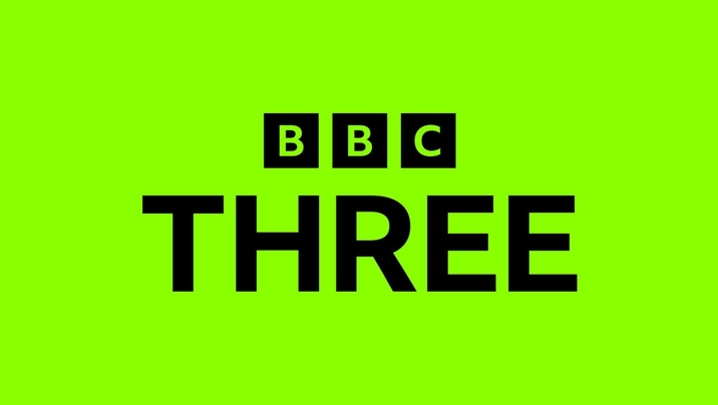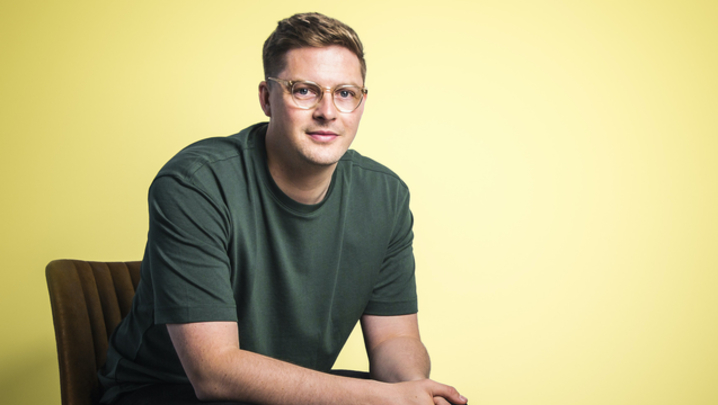A panel of neurodiverse TV professionals has identified the industry’s long working hours as a key reason for mental health problems, and urged bosses to look after talent better.
Lucy Tallon, head of mental health and wellbeing at The Film and TV Charity, which organised the October event with RTS London, said one in seven people in the UK have some form of nuerodiversity. These are people, such as those with dyslexia and on the autism spectrum, whose “brains learn and function differently to a neurotypical person”.
Lennie Varvarides started Dyspla (Dyslexic play) to give a voice to neurodiverse talent. She explained: “For neurodivergent creatives, the biggest challenge is with their confidence, because that has been eroded during their time in school and eroded again when they’ve been ‘masking’ in their work environment as they try to avoid being ‘found out’.”
Zeb Chadfield founded The Finish Line a decade ago, following a nervous breakdown that “led me to re-evaluate my life”. With his own post-production company, the idea was to try to “do it better... for someone like me.
“My thinking [was]: ‘How do we deliver the best-looking pictures?’ Ultimately, talent does that work. So our job as a company is to look after the talent, [giving them] more time with their families, more time to rest, more time to do the things that make their life fulfilling, so they can come to work and deliver their best work.”
Tallon, who chaired the event, added: “If you look after your people, it will be better for your business.”
Leo Anna Thomas, a standby art director who also works as an on-set wellbeing facilitator, identified the “long hours and the impatience around me” as the triggers for her own mental health problems.
“It was seen that I wasn’t paying attention, same as at school – which was the opposite of the reality: I would be desperately trying to understand what someone else, a neurotypical person, would get straight away,” she said. “It’s the intense hours, and tighter and tighter schedules. During Covid, it got even worse.”
Thomas, who described a wellbeing facilitator as a “neutral third party on set”, had just completed a shoot on an Amazon Prime production, working as a facilitator, and said the situation was “slowly changing” for the better.
Stewart Kyasimire, MD of BAME-led Scottish indie Create Anything, recently directed the BBC Scotland doc Bash the Entertainer: Behind the Smile, in which the comic discusses how he uses comedy to fight racism and his battles with mental health.
Kyasimire is bipolar and said that by “speaking up about my illness, it’s hopefully allowing other people to feel comfortable in sharing their own stories”.
Amber Fisher and Aradhna Tayal produced the London event, “Challenging the status quo: Production, mental health and neurodiversity”.

